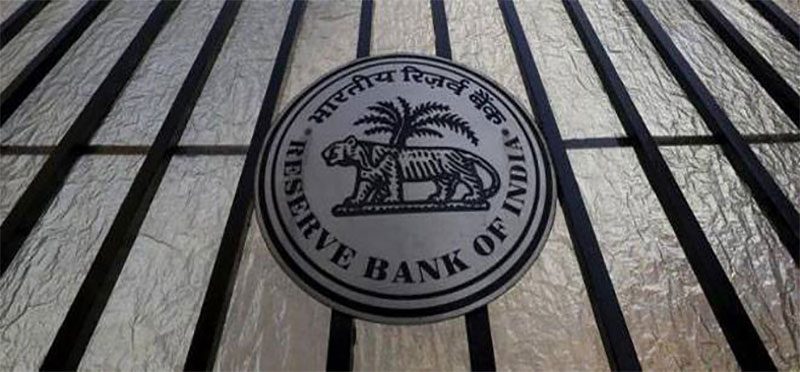
In News
The Reserve Bank of India (RBI) has eased the External Commercial Borrowing (ECB) norms making it easier for companies to source funding from abroad.
Highlights
- In order to improve the ease of doing business, the RBI now allows all companies that are eligible for Foreign Direct Investments (FDIs) to avail ECBs. Earlier ECB framework was restricted to select companies.
- RBI reduced the minimum average maturity period for all ECBs from 5 years to 3 years irrespective of the amount borrowed. This period can be further lowered only for specific borrowers permitted by the RBI.
- The total amount an entity can borrow remains at $750 million.
- Earlier, the limits on the amount borrowed and the maturity period varied based on the sector in which the company operates. This has been done away with by the RBI.
- As per the revised framework, an eligible lender is a resident entity of a country and is financial action task force compliant. This will increase the ECB lender base for Indian companies and strengthens anti-money laundering activities and combats terror financing.
- RBI capped ECB funds for Indian companies at 6.5% of the GDP. This amounts to $160 billion.
Also Read: Global Housing Technology Challenge Launched
What Is an ECB?
- External Commercial Borrowing (ECB) is an important source of foreign capital for Indian companies.
- It is essentially borrowing money from a nonresident entity by an Indian enterprises.
- The entity can be a person, a bank, a financial institution, capital markets etc.
- The borrowings are in the form of bank loans, bonds, buyer’s credit, suppliers’ credit, foreign currency convertible bonds (FCCBs) etc.
Read Also: ISRO Set to Start Work on Gaganyaan
Significance of ECB
- ECBs play a crucial role in India’s balance of payments account. They account for 25% of India’s external borrowing exposure.
- Majority of the borrowing is by Indian private corporates as the mode is easy for sourcing large sums of money for long periods at low interest rates.
- The money paid to the lender is in foreign currency which has an impact on currency exchange and foreign reserves.

Leave a Reply
You must be logged in to post a comment.